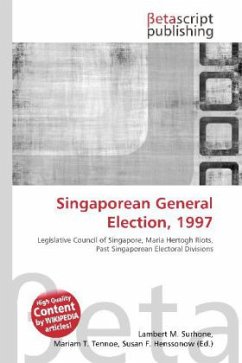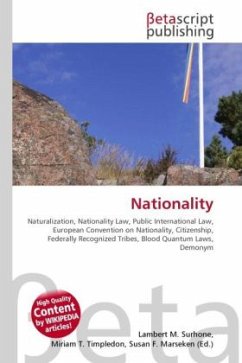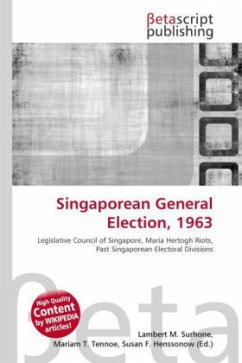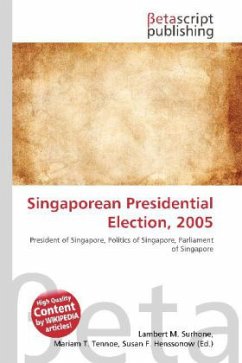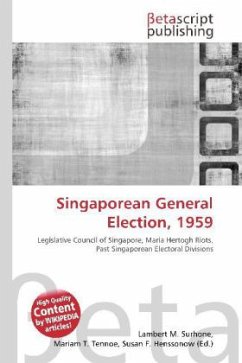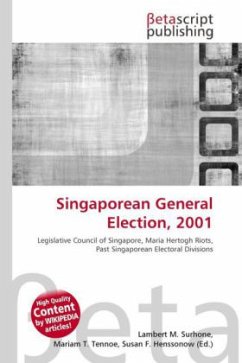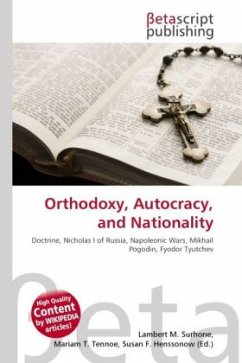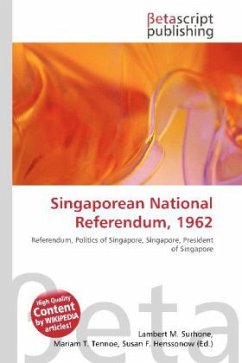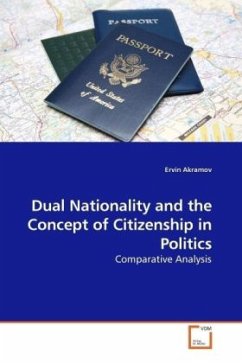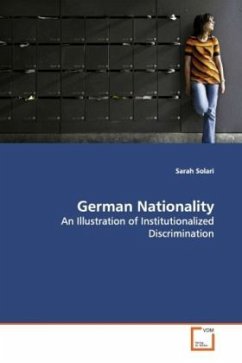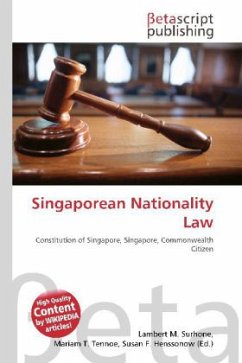
Singaporean Nationality Law
Versandkostenfrei!
Versandfertig in 6-10 Tagen
19,99 €
inkl. MwSt.

PAYBACK Punkte
10 °P sammeln!
Please note that the content of this book primarily consists of articles available from Wikipedia or other free sources online. Singaporean nationality law is derived from the Constitution of Singapore and is based on jus sanguinis and a modified form of jus soli. There are four ways of acquiring Singaporean citizenship: by birth, by descent, by registration or by naturalisation. Singaporean citizenship was first granted in 1959 when Singapore was a self-governing colony of the United Kingdom. According to a source, a Citizenship Ordinance in 1957 provided Singaporean citizenship to all reside...
Please note that the content of this book primarily consists of articles available from Wikipedia or other free sources online. Singaporean nationality law is derived from the Constitution of Singapore and is based on jus sanguinis and a modified form of jus soli. There are four ways of acquiring Singaporean citizenship: by birth, by descent, by registration or by naturalisation. Singaporean citizenship was first granted in 1959 when Singapore was a self-governing colony of the United Kingdom. According to a source, a Citizenship Ordinance in 1957 provided Singaporean citizenship to all residents who were born in Singapore or the Federation of Malaya, British citizens who had been resident for two years, and others who had been resident for ten years. However, this is not accurate, since British citizenship did not exist before 1983. The reference to "British citizen" probably refers to "Citizen of the UK and Colonies" or "British subject". Singaporeans were still considered British subjects at that time, and their passports had the unusual nationality status of "British subject: citizen of the State of Singapore" instead of the usual "British subject: citizen of the United Kingdom and Colonies".



